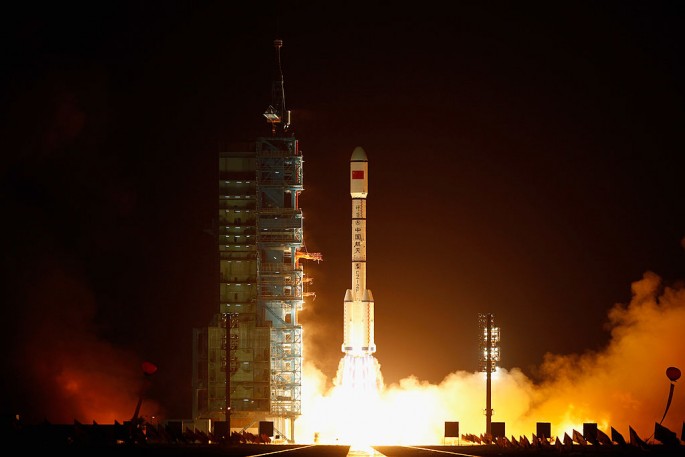China’s small step toward the Moon has become a giant leap for a city’s tourism industry as thousands of space enthusiasts and tourists flood the area to witness the country’s newest rocket launch site.
Before June ended, the Middle Kingdom began its long march to colonize the Moon via the launching of the Long March 7 rocket at the new Wenchang Satellite Launch Center.
Ars Technica believes that until this occurred, China's space exploration industry "was fairly easy to dismiss" considering that the country made no significant leap in the sector in the past.
While it may not still be as big and advanced as its predecessors from other countries like the United States, the new launch site proved to be a significant progress in terms of gathering tourists and curious minds together in one place.
Long March
Based on Ars Technica's analysis of the rocket, the Long March 7 is far from being a major competitor to NASA's Falcon 9 and Atlas V launch vehicles.
In fact, the outlet believes that even succeeding launches for the Tiangong-2 space laboratory still cannot compare with the American's.
Still, China's long-term target proves to be an awe-inspiring one.
"The launch of Long March 7 shows them stepping into the modern era if you will. The message is the same that it's been for some time," former NASA astronaut Leroy Chiao told Ars.
"They're making long-term plans to stay in space and expand their presence in space," he added. "For NASA and the United States I'm afraid that we've been resting on our laurels for so long that we're going to lose our leadership in human spaceflight."
Of course, having to stay in space for longer periods of time is a common dream. What is uncommon about it is that China is the first to actually take steps to make it happen.
Space Tourists
Meanwhile, the Global Times said that more than 20,000 enthusiasts were able to witness the historic launch done at the Wenchang Satellite Launch Center.
This is a significant progress for the city since Wenchang is the first one to open its launch station to the public and the only one with space and science-themed parks for enthusiasts and scientifically curious minds alike.
This means that the people as well as the local government will be able to raise more funds from the tourism industry, which might even be bigger than last year's 1.7 million tourists and around 1.2 billion yuan revenue.



























